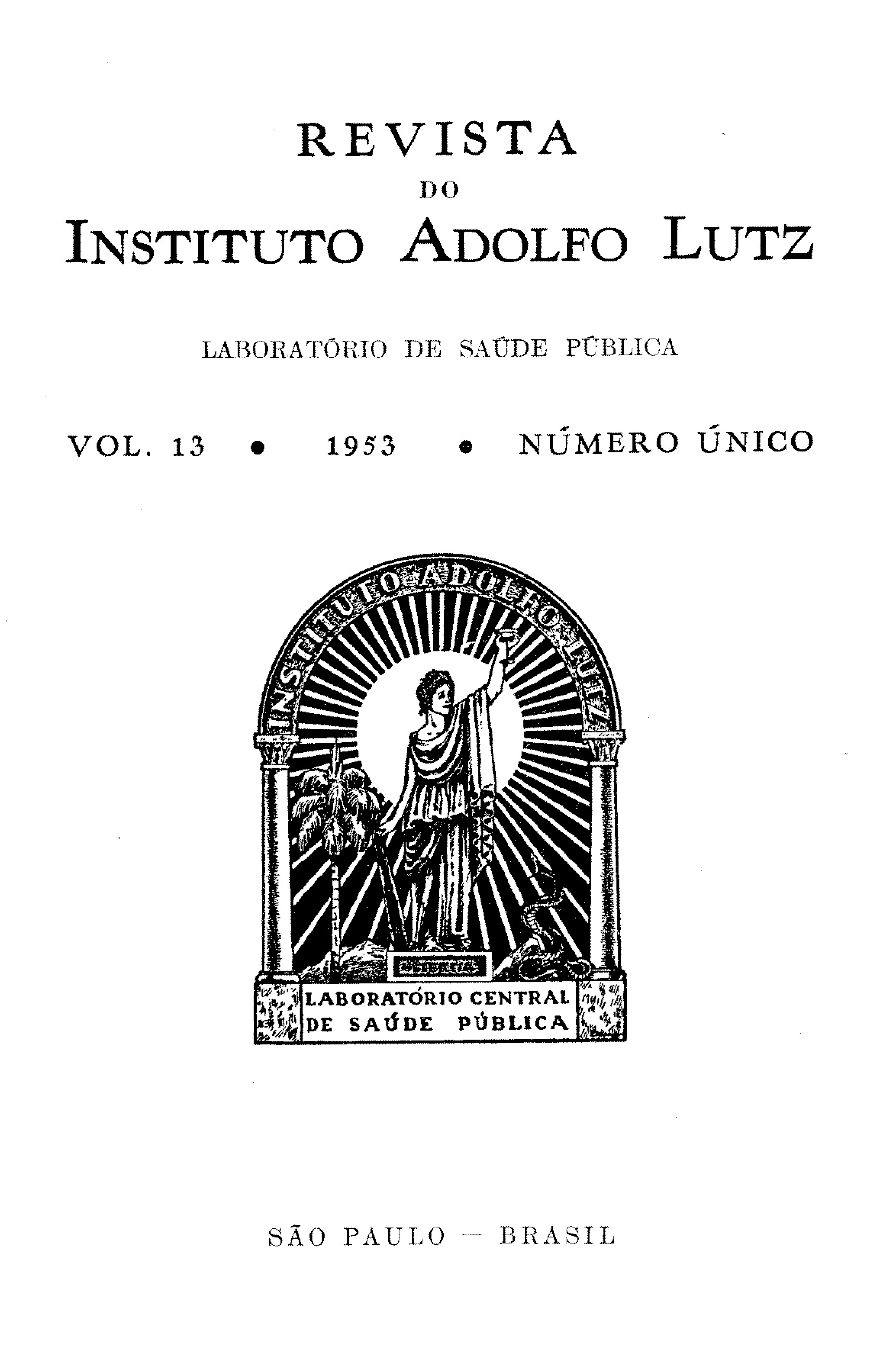Abstract
The sanitary and health conditions of the workers of the Corumbá-Santa Cruz Railway were studied in this paper. Environment, way of living, customs, work, food, and alimentation were also considered. A medical commission constituted by Brazilian and Bolivian scientists was designed to run the region along this railway, The members of the medical commission stayed in several places to study hospitals, restaurants, bakeries, workers' houses, sanitary boards, pharmacies, small farms, encampments, offices, factories, etc. The workers'alimentation was minutely studied and the employed methods criticized. The medical commission made the following suggestions:
1 - Organization of a surgical service for the workers of this railway; 2 - Organization of a medical department managed by a physician living in Roboré with authority along the railway and medical sections in San José, Roboré, El Carmen and Santa Cruz; 3 - Organization of a central laboratory in Roboré, and two more in San José and El Carmen respectively, for clinical examinations, principally: a) nasal mucus (diagnostic of leprosy), b) sputum (search of tuberculous bacilli), c) blood (malaria parasite), d) faeces (intestinal parasites specially hookworm disease), e) analyses of water (bacteriology and chemistry of drinking water); 4 - Medical examinations for the workers of the Corumbá-Santa Cruz Railway, every three months; 5 - Construction of a hospital in Roboré, which is a great necessity for the region, according to the medical commission's indication; 6 - Organization of a service of sanitary engineering; 7 - Immunization of the workers of Corumbá-Santa Cruz Railway, as a prophylaxis against contagious diseases; 8 - Construction of comfortable, hygienical houses in accordance with the characteristics of the region; 9 - Organization of an odontological service in Roboré and in other places along the Corumbá-Santa Cruz Railway; 10 - Obligation of the workers to buy food in Bolivia, since it is not possible to acquire this in good conditions in Brazil. It is necessary to complement the following brazilian foods, as wheat flour or corn meal, with vitamins B; margarine with vitamins A and D; 11 - Establishment of the permanent and systematical use of the citrus fruits, and the consumption of milk in powder; 12 - Treatment of the drinking water with iodine and fluor in order to fight against the dental caries and the endemic goiter; 13 - Organization of agricultural farms to stimulate farmers by the distribution of rewards; 14 - Establishment of a technical department under the direction of a physician specialized in nutrition and to minister instructions on food and dietetics.

This work is licensed under a Creative Commons Attribution 4.0 International License.
Copyright (c) 1953 Instituto Adolfo Lutz Journal
